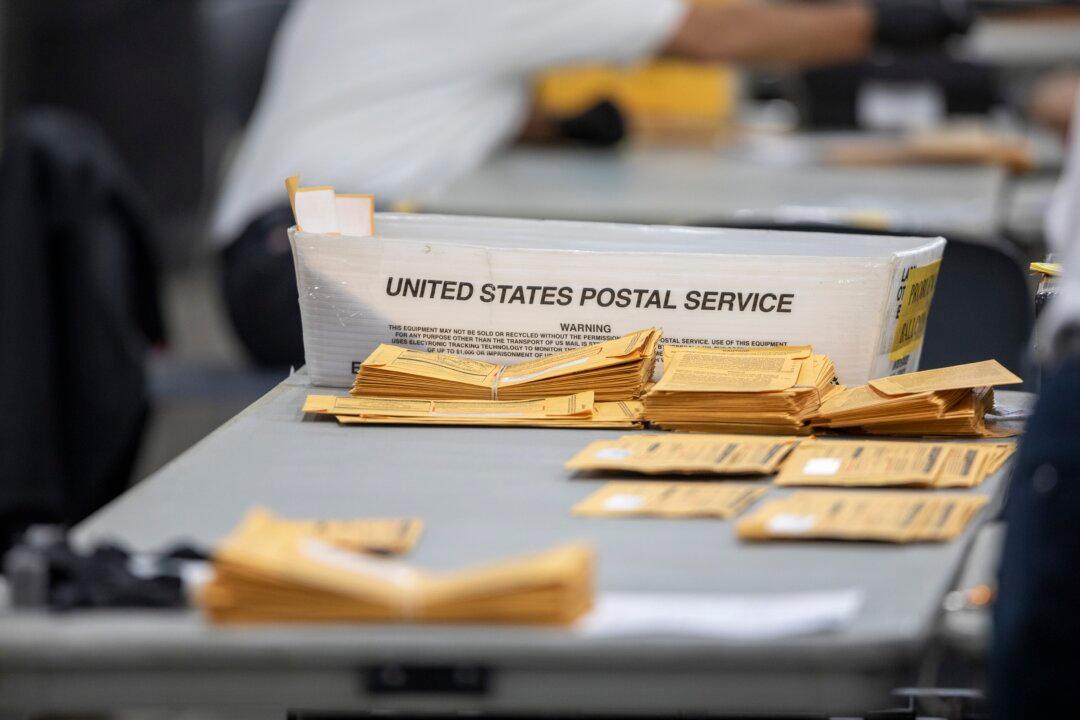The Pennsylvania Supreme Court on Wednesday agreed to take up cases in which the Trump campaign is challenging over 8,300 votes cast in the 2020 presidential election.
In an unsigned order (pdf), the state’s top court granted a request by the Philadelphia County Board of Elections asking the justices to take over the cases that have been appealed to the Commonwealth Court, a Pennsylvania appellate court.




